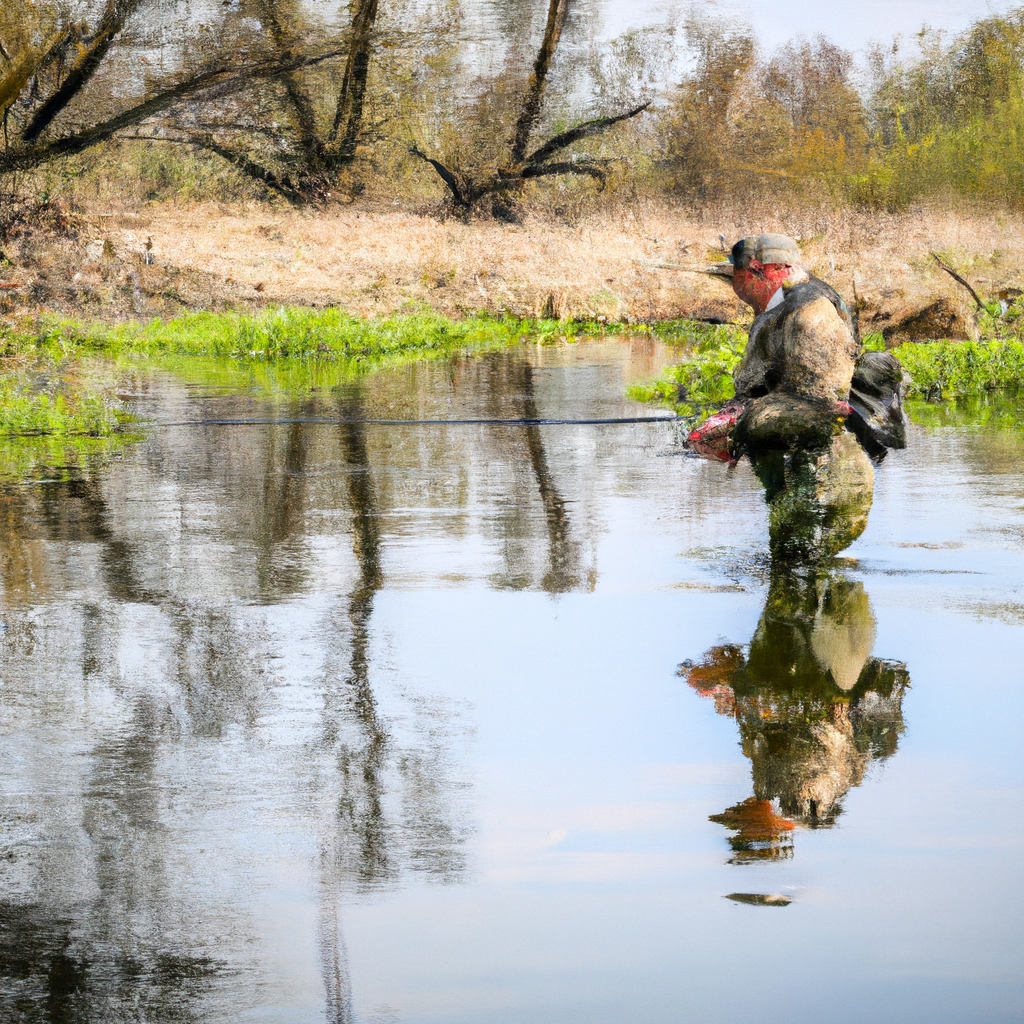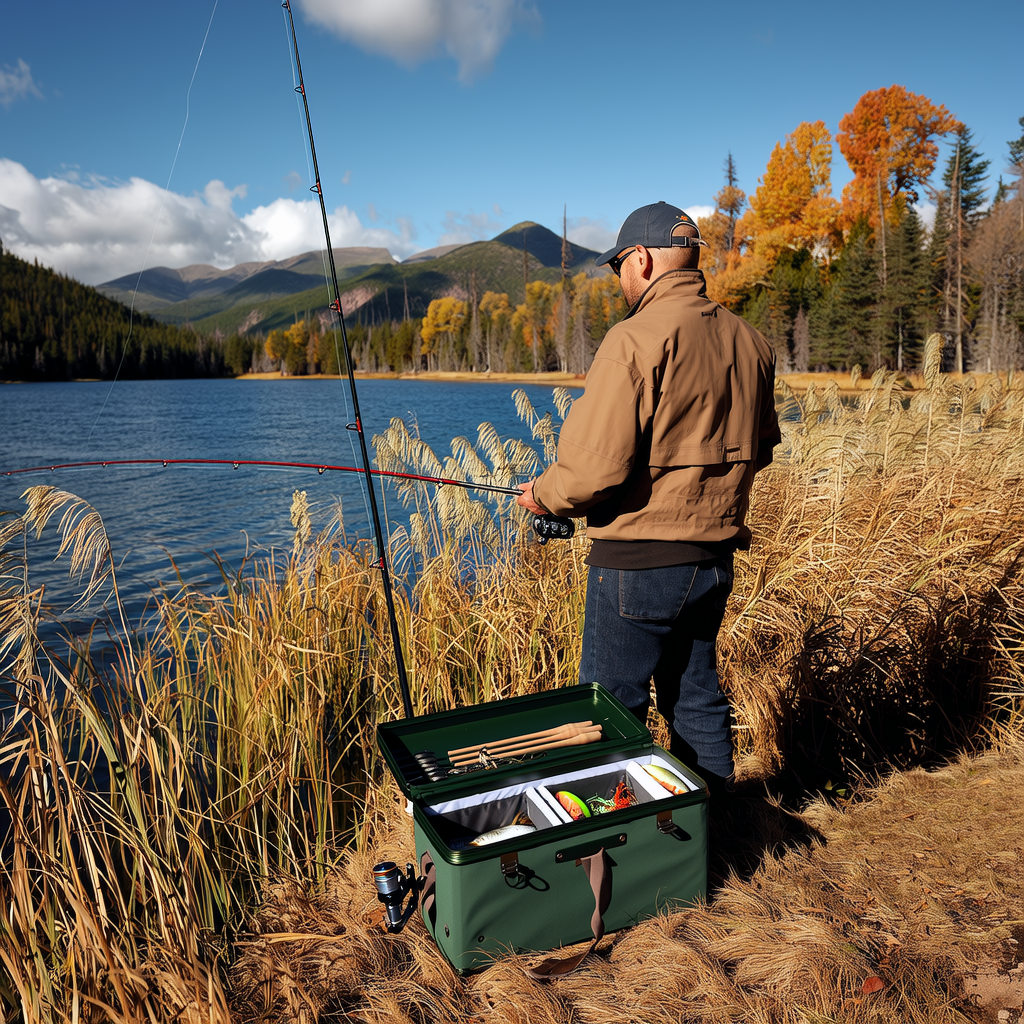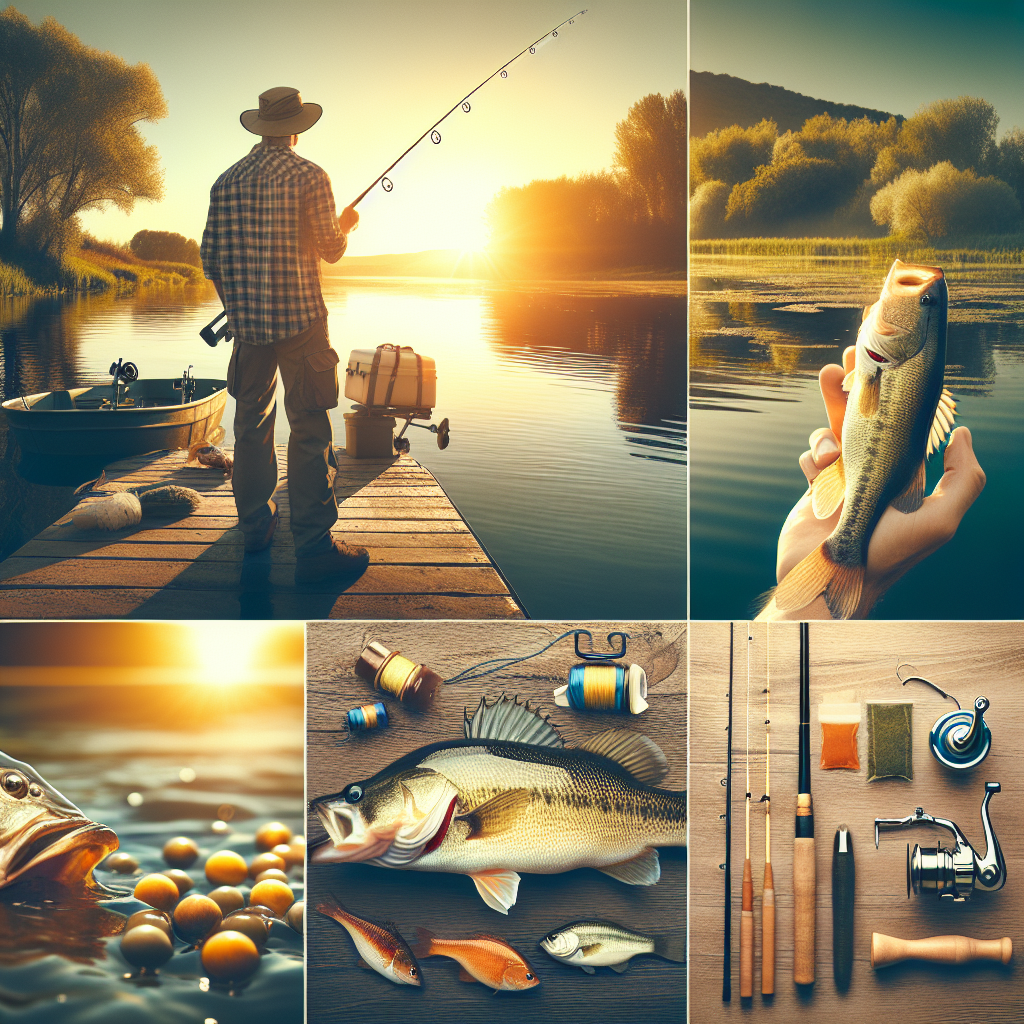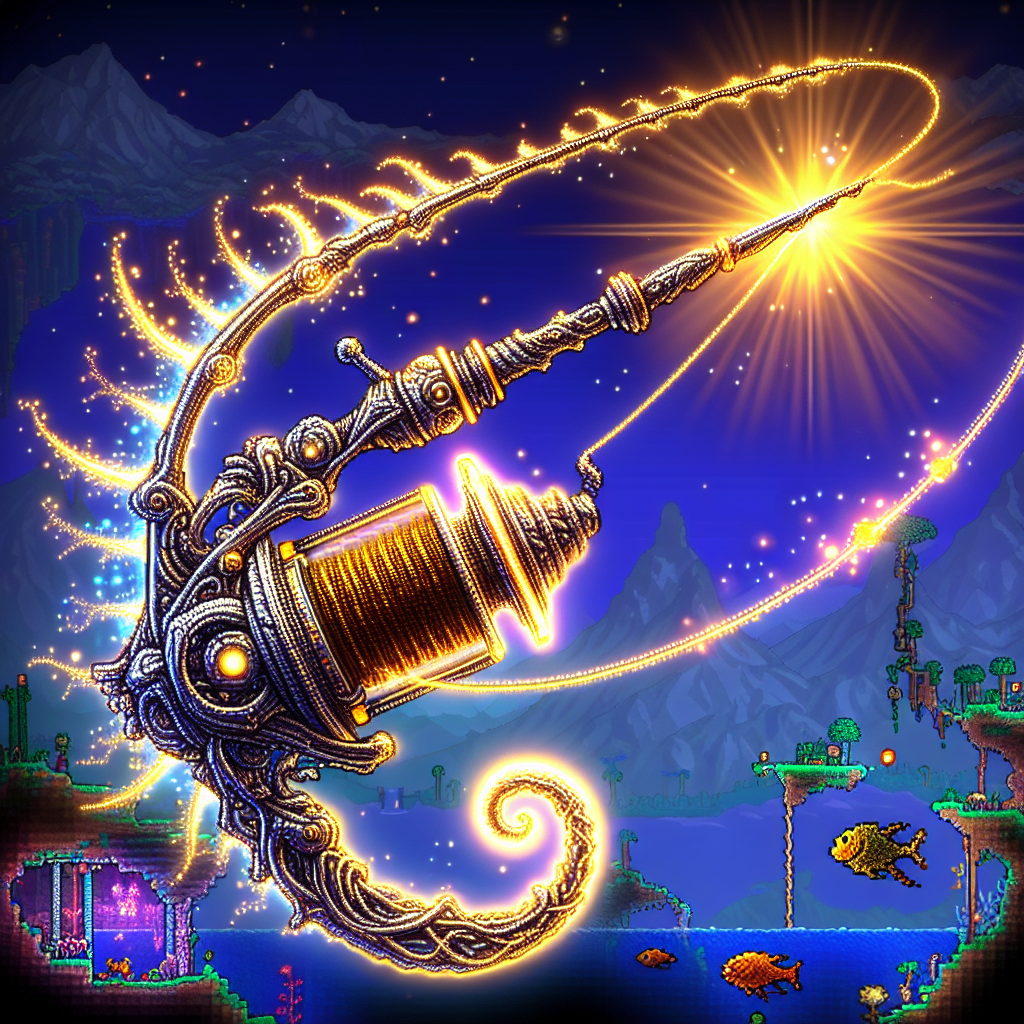Introduction
When it comes to experiencing the beauty of nature and the thrill of the catch, few activities can rival the combination of wildlife and fishing. This harmonious relationship between individuals and the environment allows us to appreciate the wonders of the natural world while partaking in the age-old tradition of angling. In this article, we will delve into the intricate connection between wildlife and fishing, exploring the role they play in conserving ecosystems, sustaining biodiversity, and providing us with memorable adventures.
The Importance of Eco-Friendly Fishing
Eco-friendly fishing practices serve as a critical foundation for the preservation of wildlife and their habitats. Anglers who embrace sustainable fishing techniques play a vital role in ensuring the longevity of various fish species and the preservation of fragile ecosystems. By following catch-and-release protocols, using non-toxic bait and tackle, and respecting fishing regulations, we can contribute to the overall health of wildlife populations and promote responsible angling.
How Wildlife Benefits from Fishing
Wildlife and fishing are intrinsically linked, and their connection extends far beyond the mere act of catching fish. Fishing supports the food chain by providing sustenance for various predatory species, such as eagles, ospreys, and bears, which rely on fish as a primary food source. Additionally, fisheries management and conservation efforts indirectly benefit countless other species that depend on the health of aquatic ecosystems, including migrating birds, mammals, and amphibians.
Conserving Aquatic Environments
Effective wildlife conservation efforts often revolve around the protection and preservation of aquatic environments. For instance, the creation of marine protected areas plays a crucial role in maintaining the integrity of fish habitats, which in turn supports various marine and coastal species. By prioritizing sustainable fishing practices and supporting conservation initiatives, anglers contribute to the overall protection of these vital ecosystems and the myriad of wildlife that call them home.
The Ecological Significance of Fisheries
Fisheries not only provide recreational opportunities but also offer valuable ecological benefits. A well-managed fish population can help control the balance of aquatic ecosystems by preventing overpopulation of certain fish species while simultaneously supporting the growth of others. This delicate equilibrium ensures the survival of diverse wildlife communities and maintains the health and stability of entire freshwater and marine habitats.
The Role of Anglers in Wildlife Research
Anglers often play an instrumental role in wildlife research and monitoring efforts. Through collaboration with scientists and participation in citizen science initiatives, they provide valuable data on fish populations, migration patterns, and habitat preferences. This information is crucial for formulating effective conservation strategies, enhancing our understanding of species interactions, and protecting vulnerable wildlife populations.
Preserving Biodiversity
Biodiversity, the variety of life on Earth, is sustained by the delicate interplay between different animal and plant species. Fishing, when practiced sustainably, contributes to the preservation of biodiversity by maintaining healthy fish populations. As fish serve as the prey for many other animals, the abundance and diversity of these aquatic creatures are crucial for supporting a vast array of terrestrial and avian species.
The Thrill of the Catch
For many anglers, fishing represents an exhilarating pastime that allows them to connect with nature in a unique way. The pursuit of that elusive catch brings a sense of adventure and excitement, creating lasting memories and fostering a profound appreciation for the natural world. The thrill of the catch heightens our awareness of the interconnectedness of wildlife and fishing, instilling in us a sense of responsibility towards preserving these ecosystems for future generations.
Managing Invasive Species
One of the challenges faced by ecosystems worldwide today is the introduction of invasive species, which can have detrimental effects on native wildlife. Anglers can play a crucial role in managing invasive species by reporting any unusual findings and participating in removal efforts. By doing so, they help maintain the delicate balance of ecosystems and protect the native flora and fauna from irreversible harm.
Fishing as an Educational Tool
Fishing offers a unique opportunity for education and environmental awareness. Through hands-on experiences in the natural environment, children and adults alike can learn about the interconnectedness of wildlife, the importance of conservation, and the delicate balance of ecosystems. By engaging in this rewarding activity, individuals develop a deeper understanding and appreciation for the natural world, leading to a higher likelihood of becoming stewards of the environment.
The Role of Fishing Regulations
Well-implemented fishing regulations are essential for maintaining sustainable fish populations and preventing overfishing. These regulations aim to protect vulnerable species, establish appropriate catch limits, and preserve delicate habitats. By adhering to these regulations, anglers contribute to the long-term health of wildlife populations, ensuring that future generations can continue to enjoy the beauty and benefits of fishing.
Conclusion
Wildlife and fishing share an intricate bond that contributes to the conservation of natural ecosystems, supports biodiversity, and provides us with unforgettable experiences. Through responsible angling practices, adherence to fishing regulations, and active participation in conservation activities, anglers can continue to enjoy their beloved pastime while positively impacting the environment. By recognizing the value of this connection between wildlife and fishing, we can work together to ensure the preservation of these invaluable resources for generations to come.




